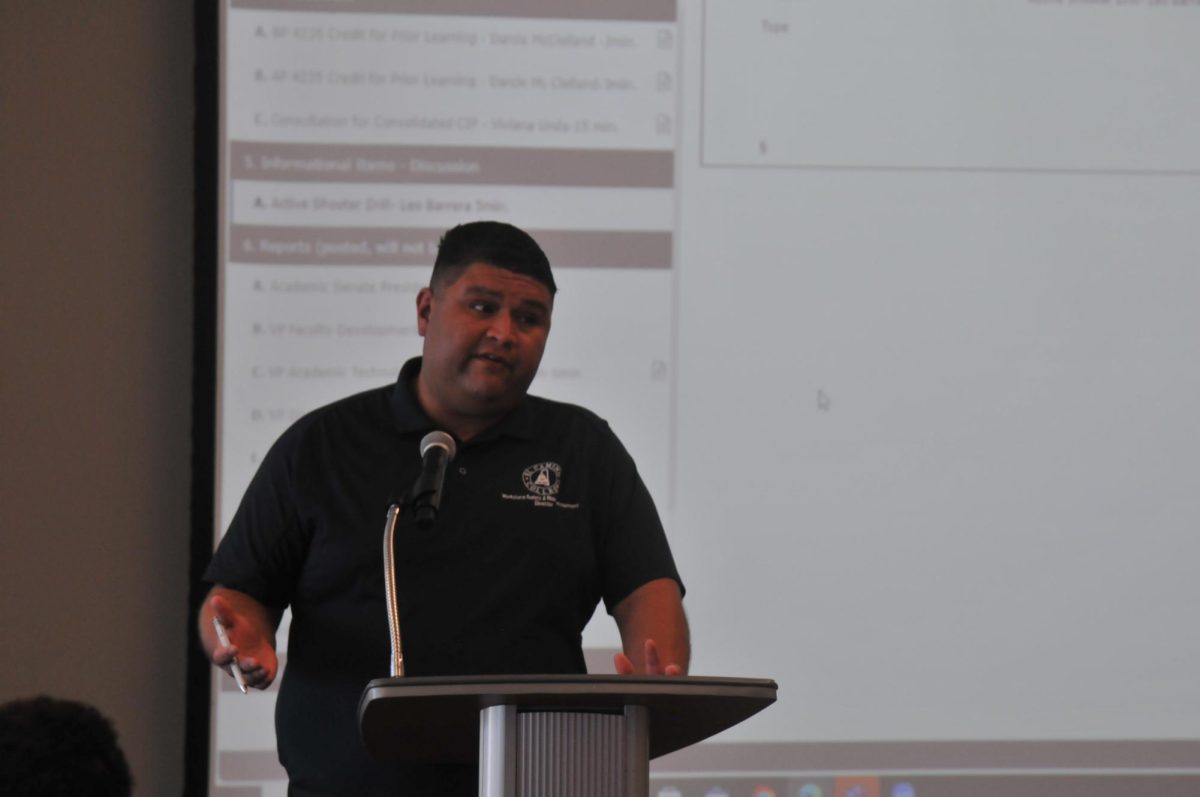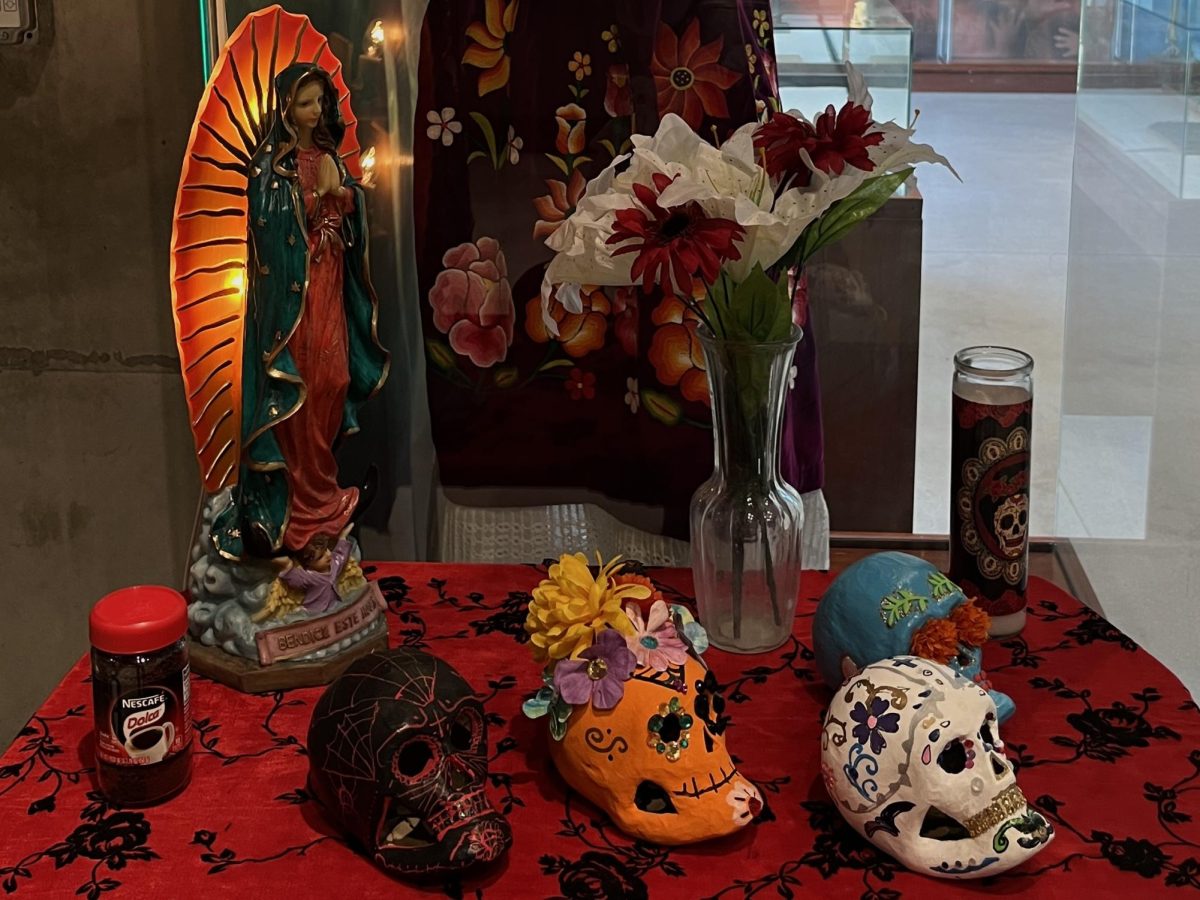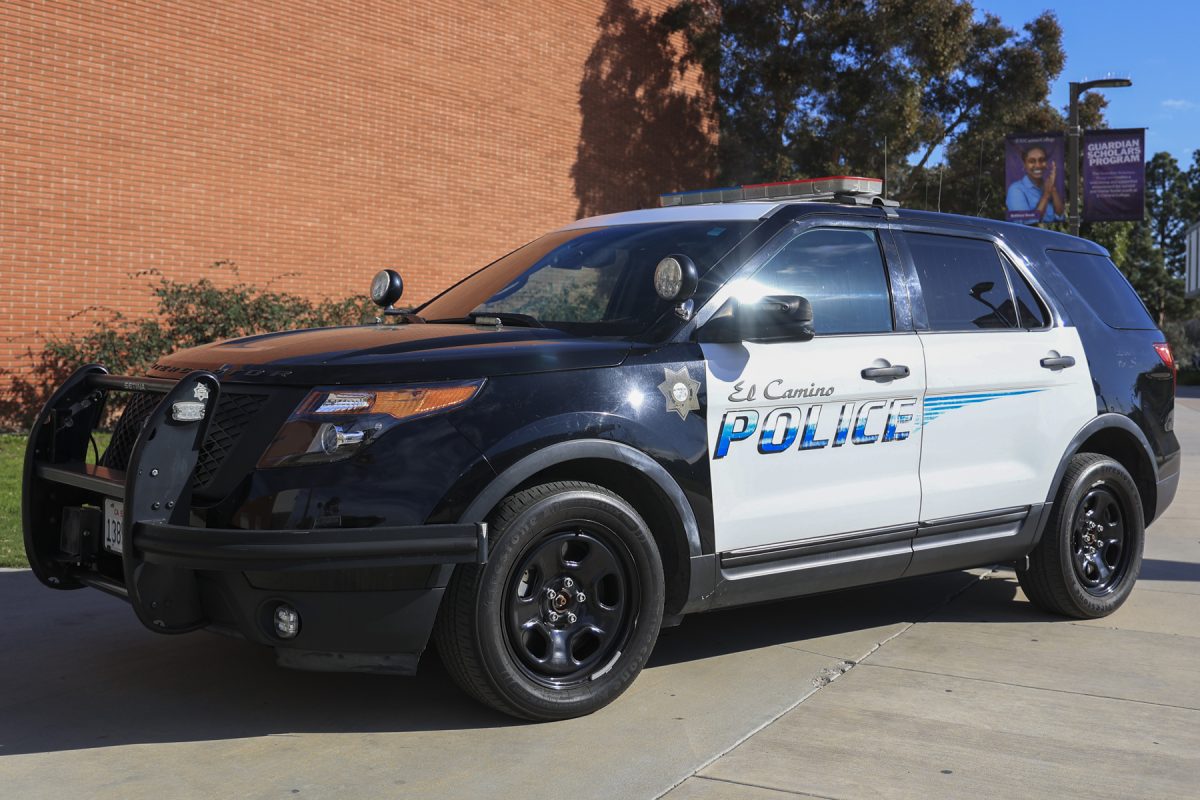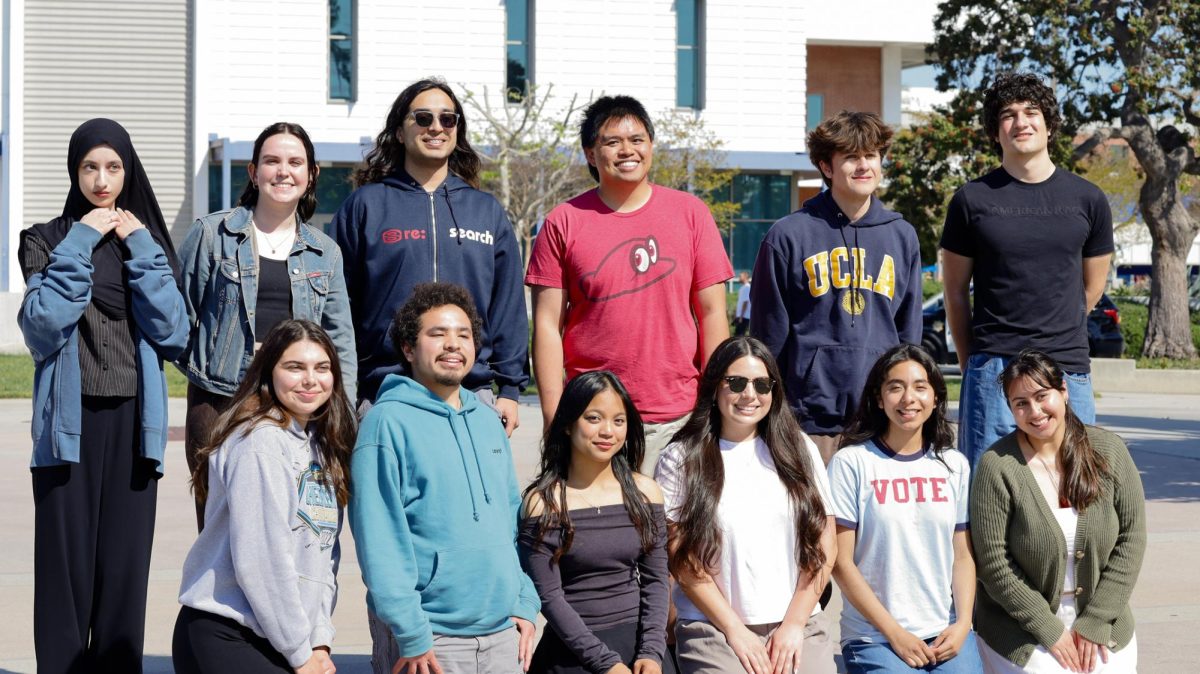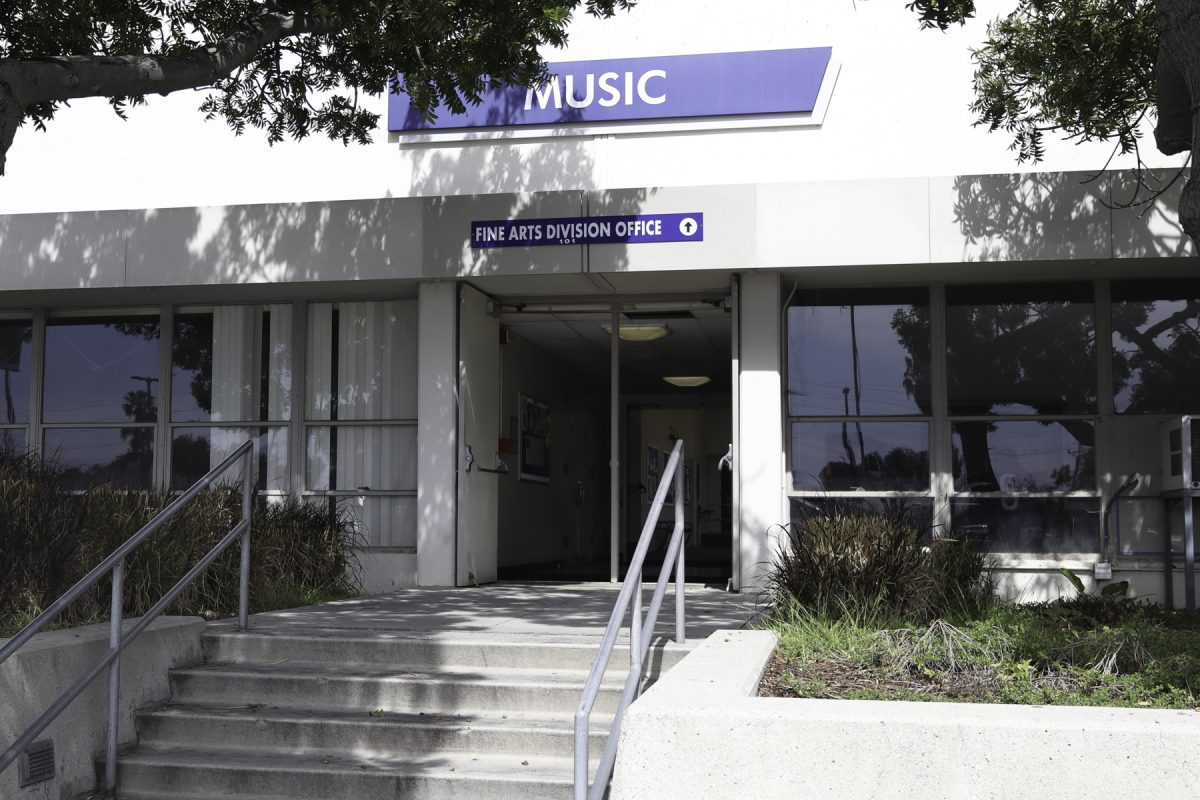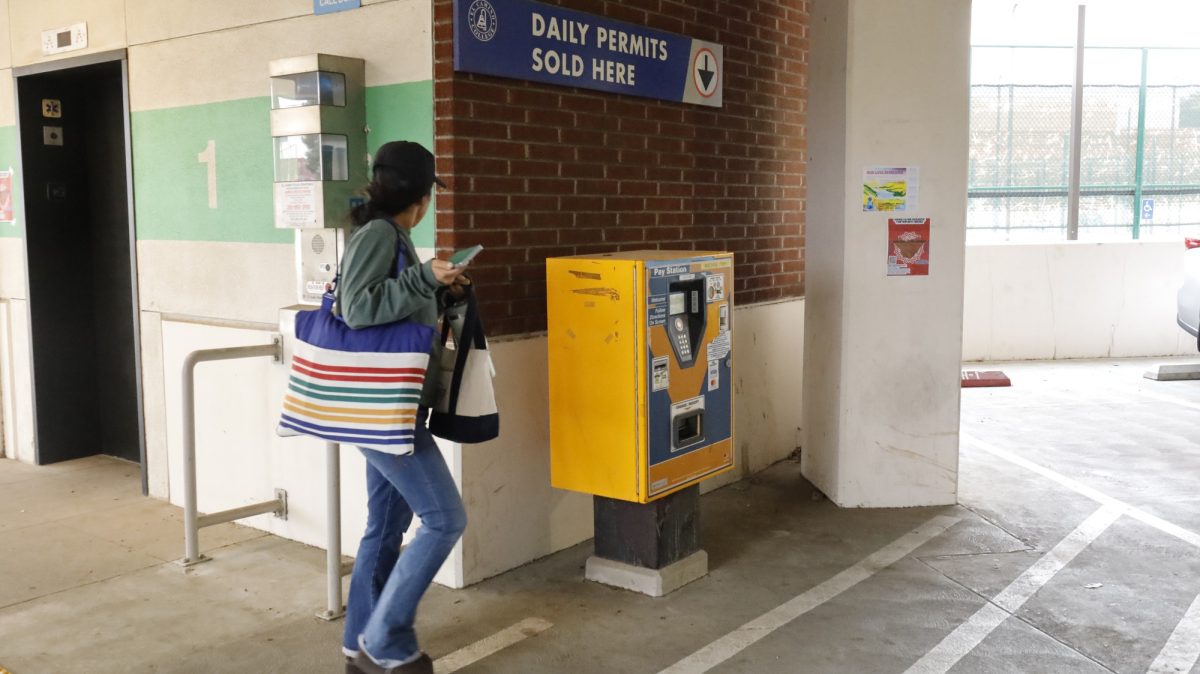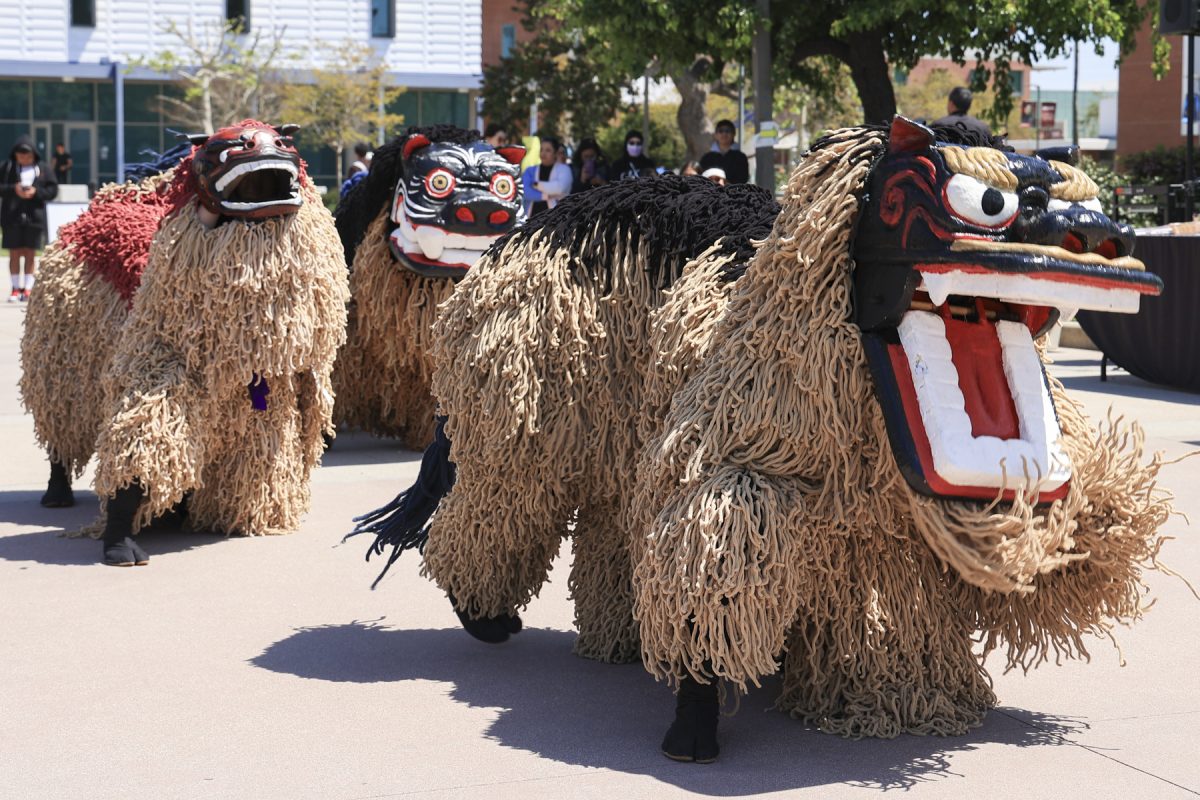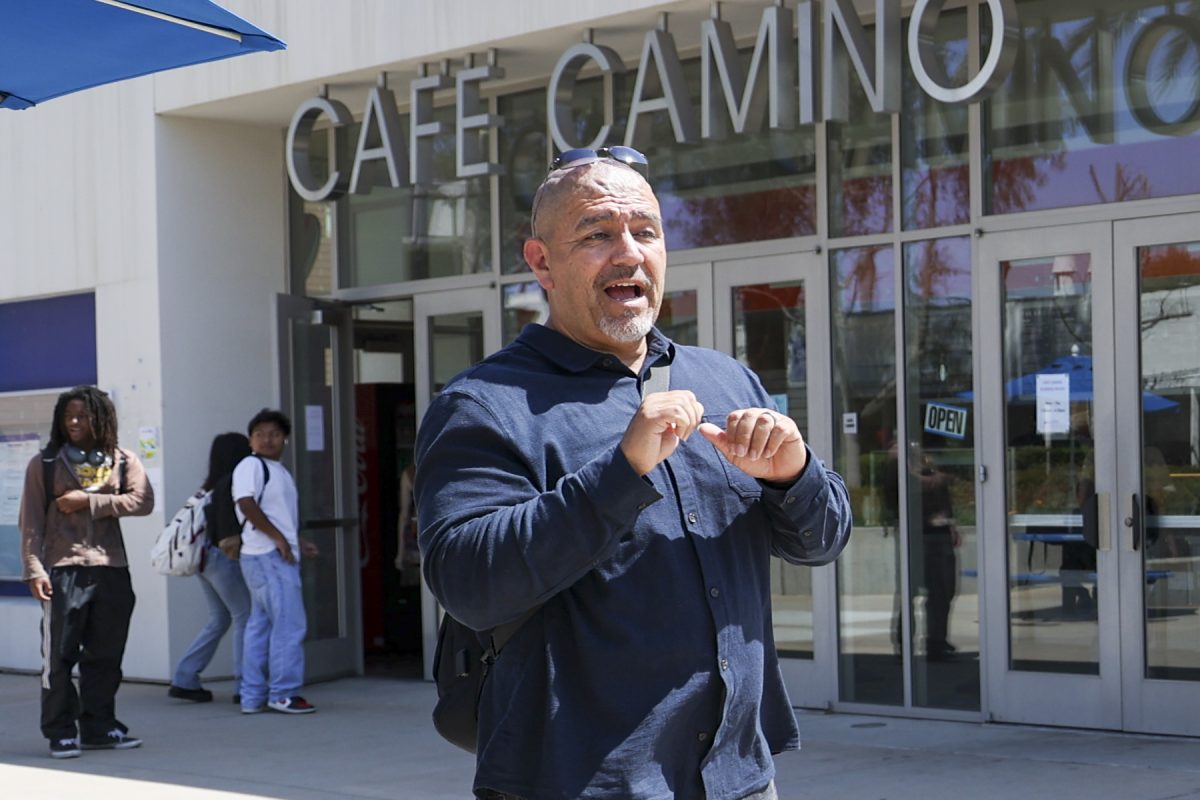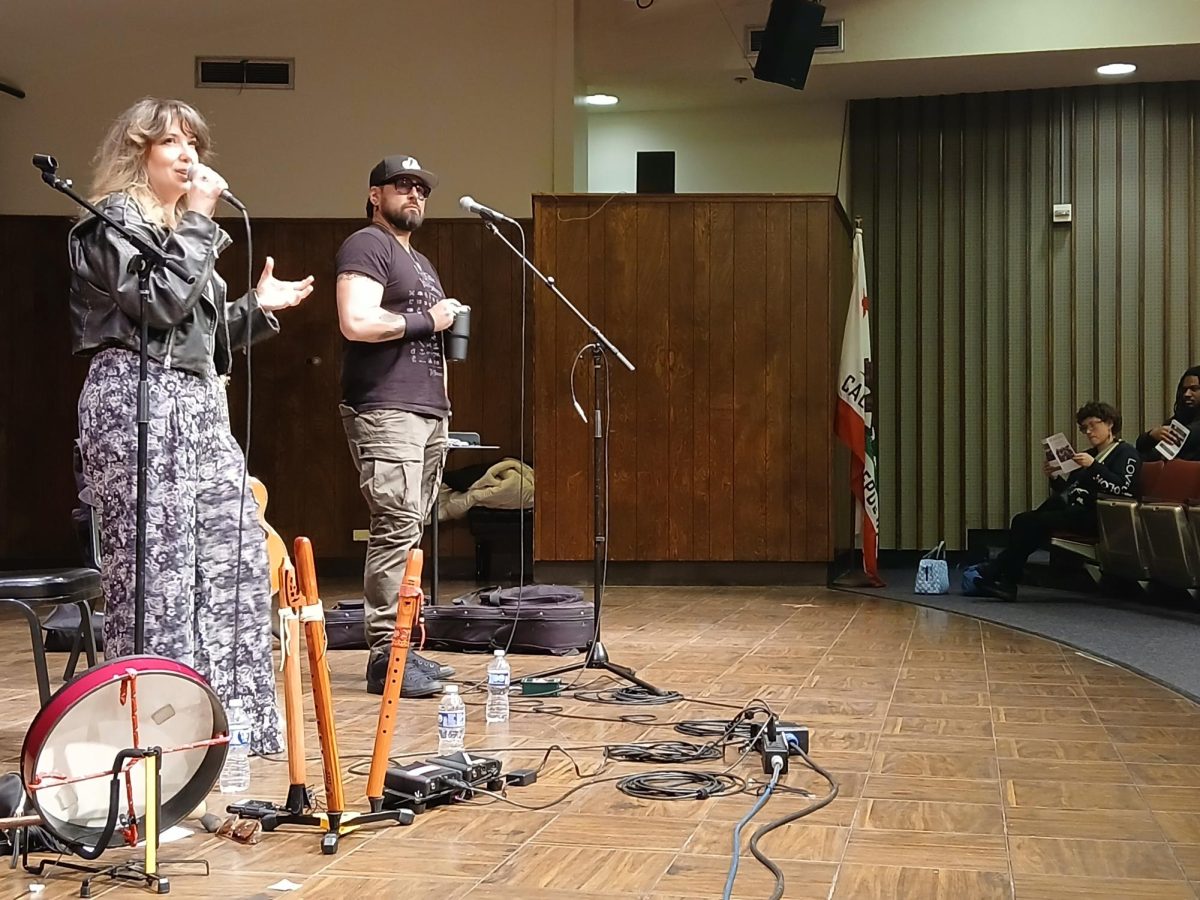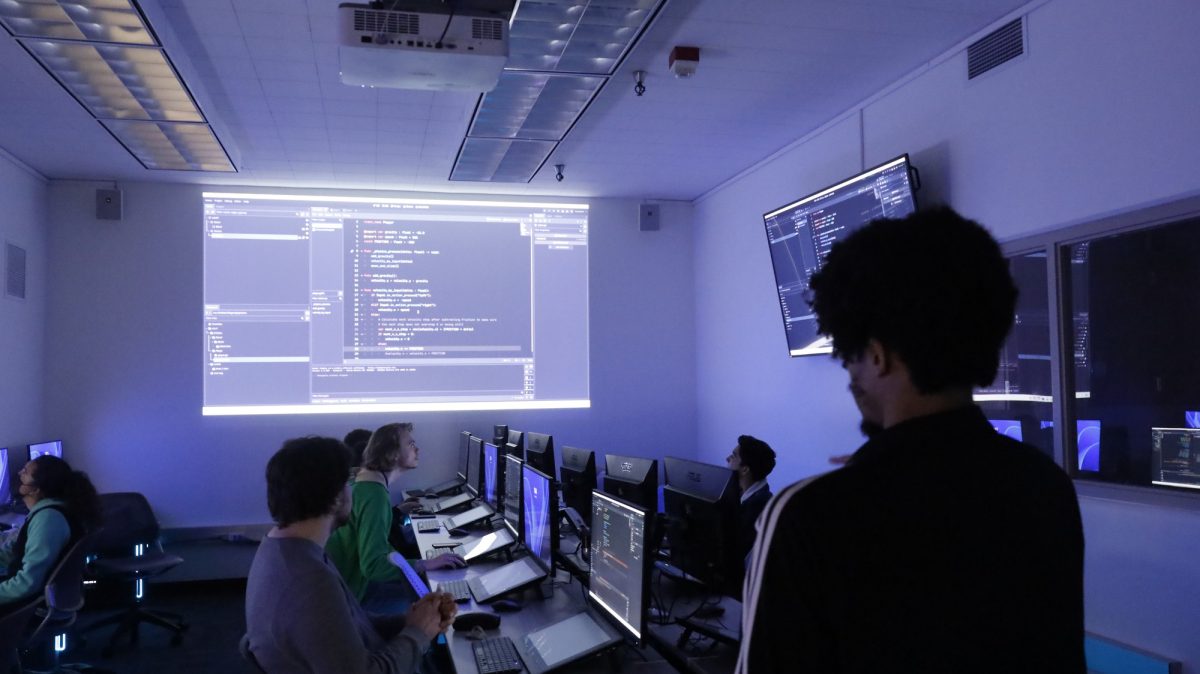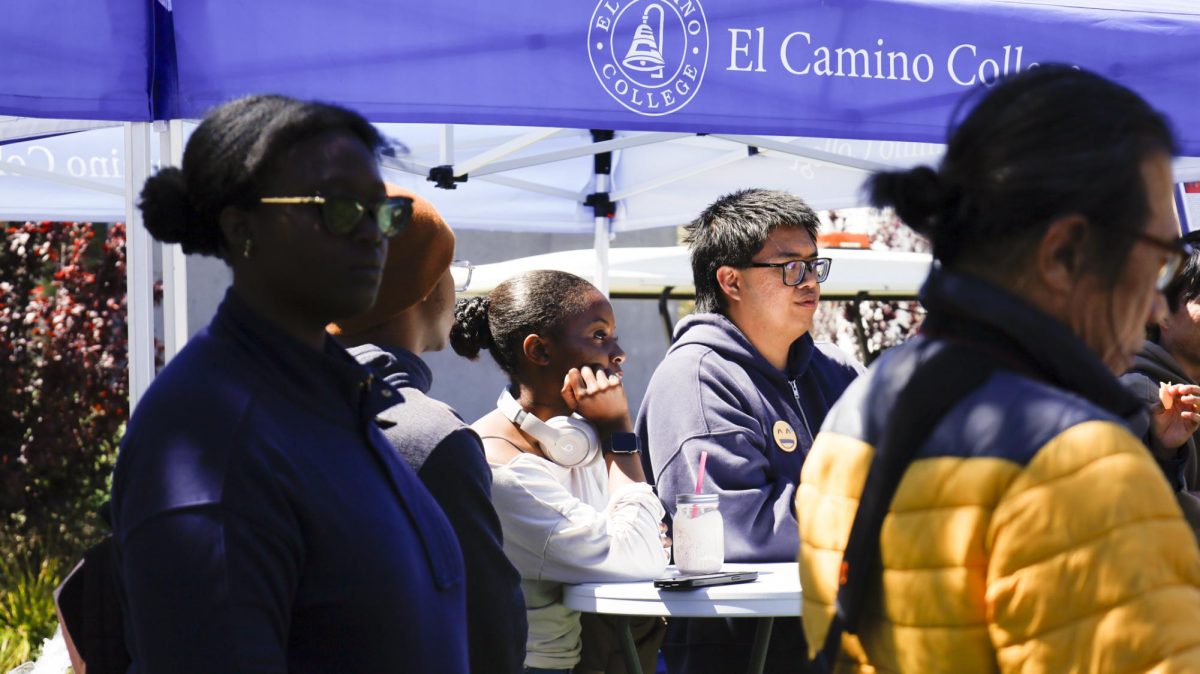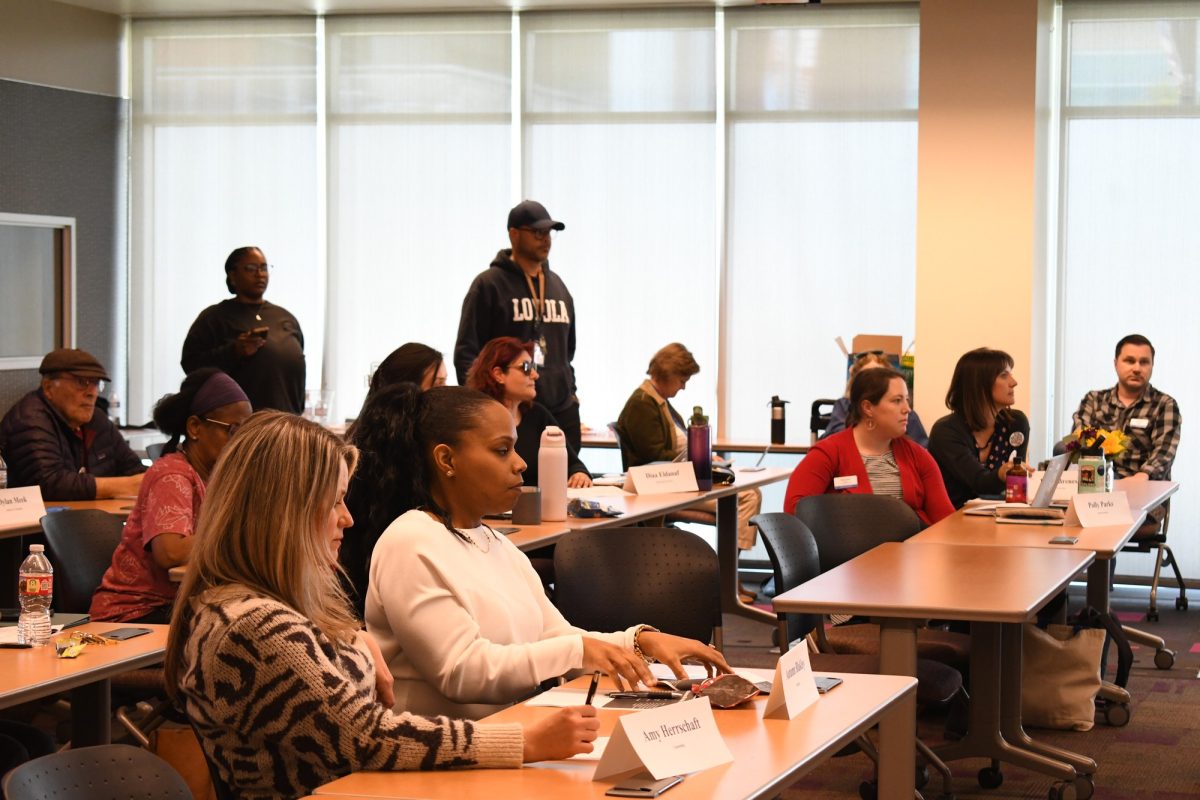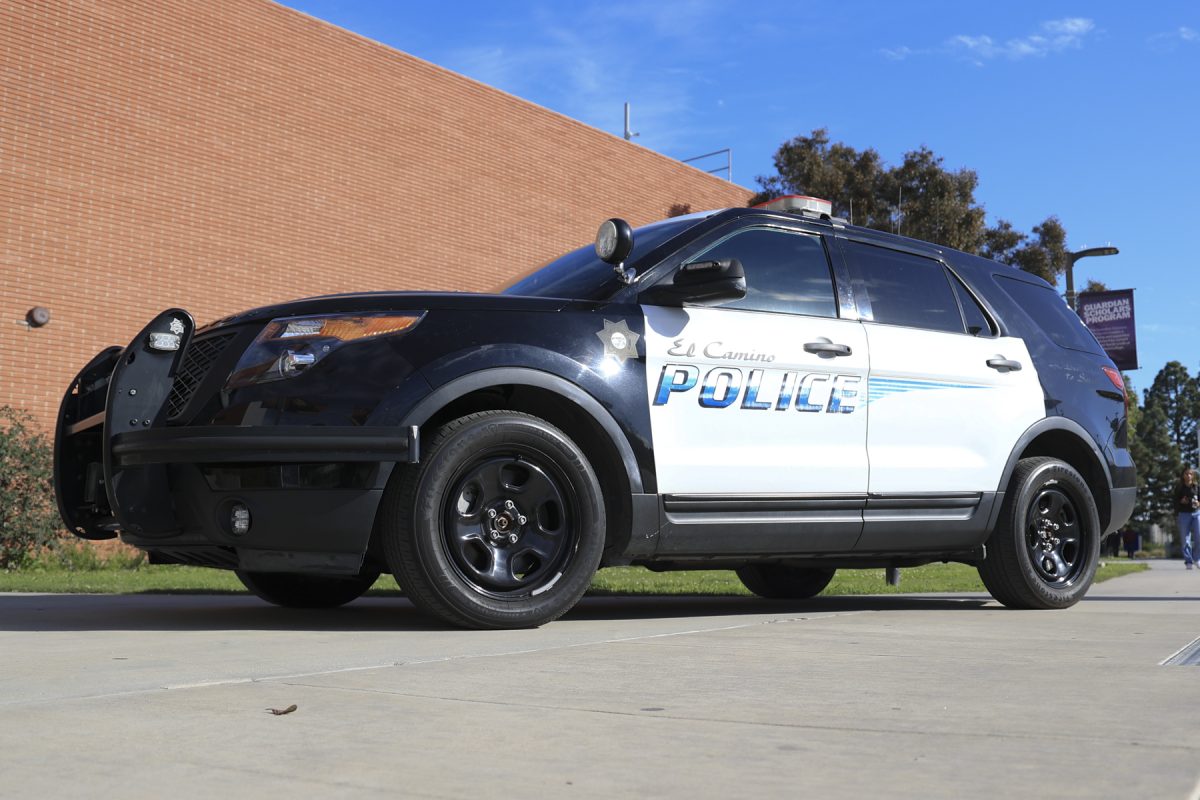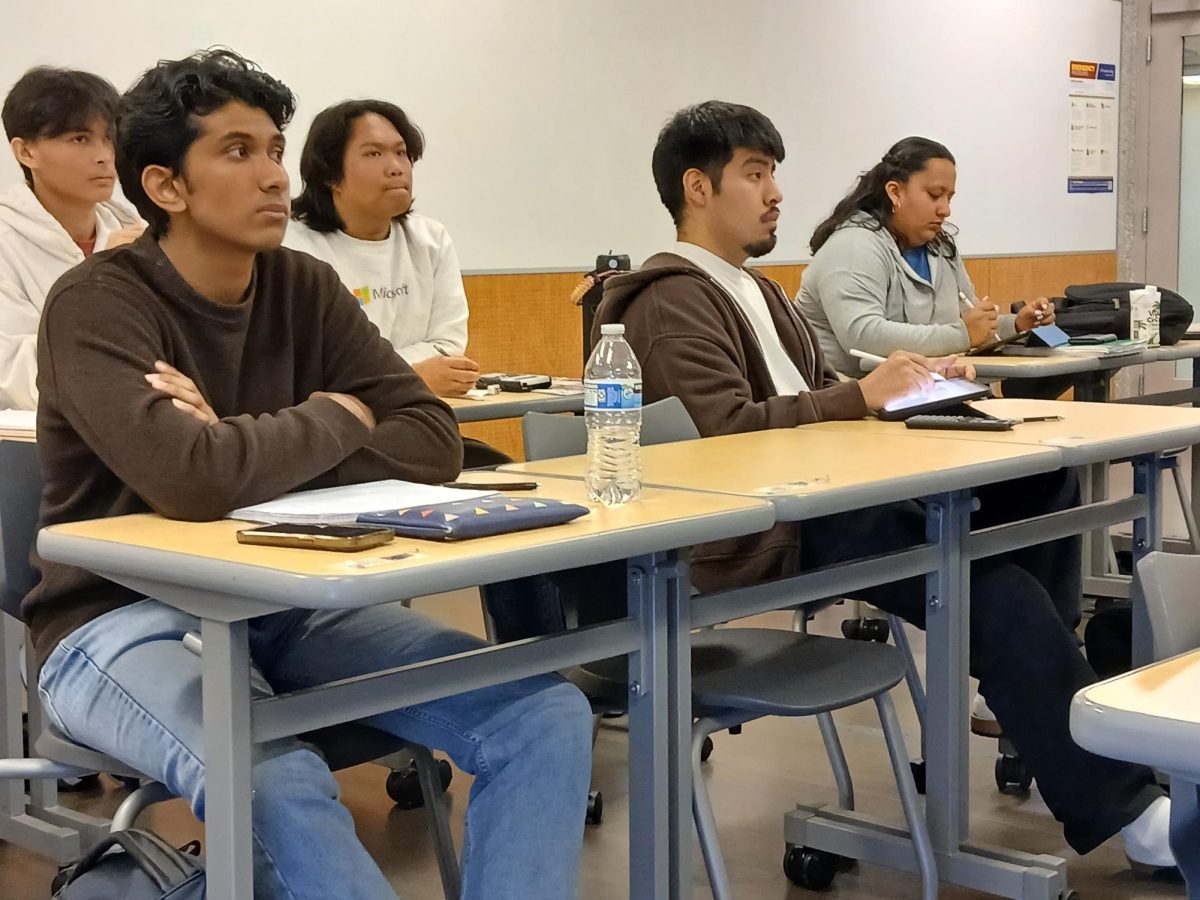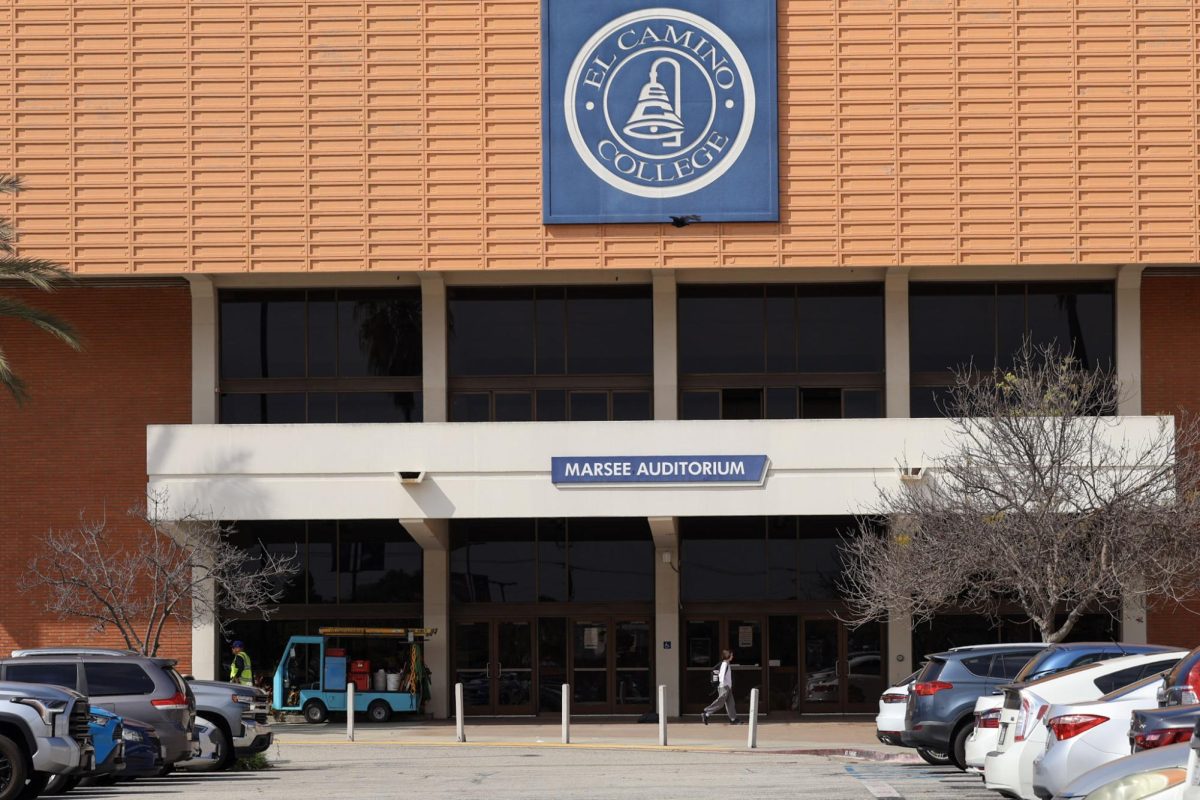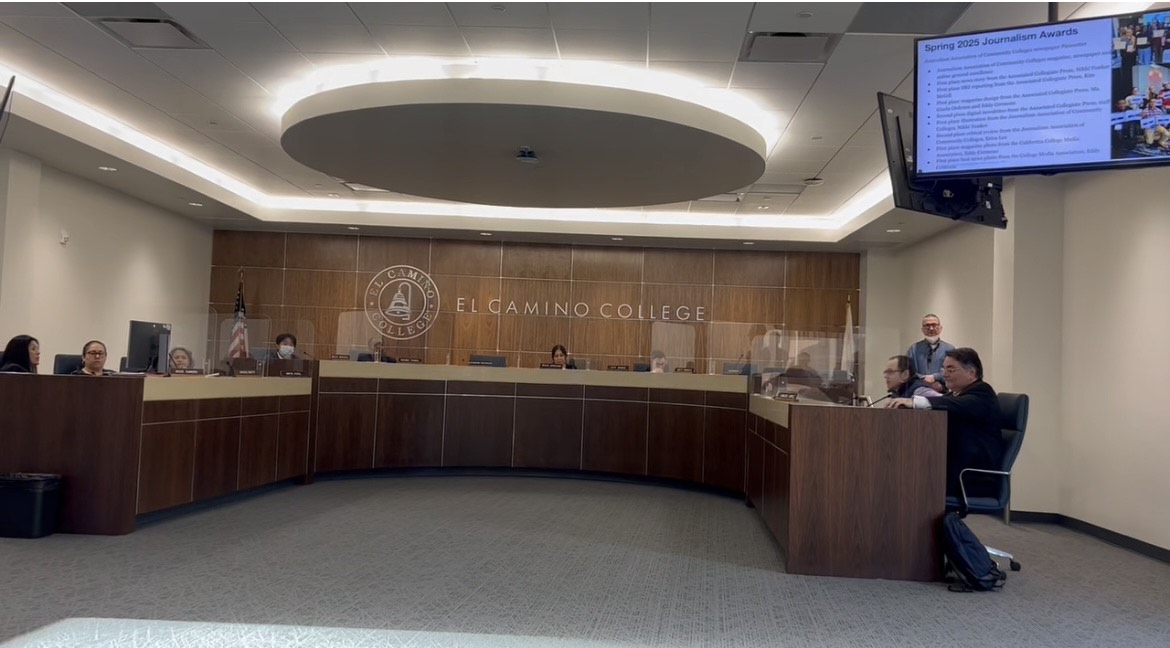During an Academic Senate meeting on Tuesday, Oct. 1, the ShakeOut earthquake drill became a topic of importance but raised concern among faculty and staff members.
While drill participation is mandatory for students, faculty and staff members, one of the concerns was how the drill affects class meeting times during the middle of the semester.
Leo Barrera, the director of workplace safety and risk management, explained the rules and guidelines of the drill. The drill is scheduled to take place on Oct. 17 from 10:17 a.m. to 11:30 a.m.
Barrera said due to past feedback, the safety and risk management office will be reducing the length of the drill from two hours to just one. He added participation is mandatory for professors and students alike.
“This is required annually, this is something that we have to do every single year,” Barrera said.
Erica Brenes, vice president of diversity, equity and inclusion said the earthquake drill on Oct. 17 will disrupt her class time.
“If I miss the hour in my 90-minute class, I will not see those students for two weeks of learning time,” Brenes said.
Some El Camino College staff members don’t feel earthquake drills change the school schedule.
Equity counselor Robert Williams explained the process of the drill.
“We have to come back and complete the ed plan for the counseling appointment. But other than that, it really doesn’t have any negative effects on students. I think it’s pretty smooth because I buy into it,” Williams said.
Williams believes that a positive approach can help people participate in the drill with very little trouble.
“I think it’s how you present it to students. I think that it makes it easier for them to understand the importance of it. And then afterward, if you still take the time with the students, to be able to give them the attention that they need, give them the help that they need, I mean, I think the school is doing a good job,” Williams said.
The Vice President of Academic Affairs Carlos Lopez said the drill can be an effective way to test the systems at ECC.
“The practice is critically important, to make sure we test our systems, to make sure we can get students out of our buildings, we can get faculty out of our buildings in an efficient manner,” Lopez said.
Film professor Laura Almo said the drills are important, as she recalled a time when she was a student in class during an earthquake, claiming students were ill-prepared.
“This earthquake happened. And literally, everyone just stared at each other. One person went to the archway of the door, everyone else just stared. I was just amazed, I was one of them. After all of the years of drop-and-roll, and a big one comes, and we still don’t know what to do,” Almo said.



